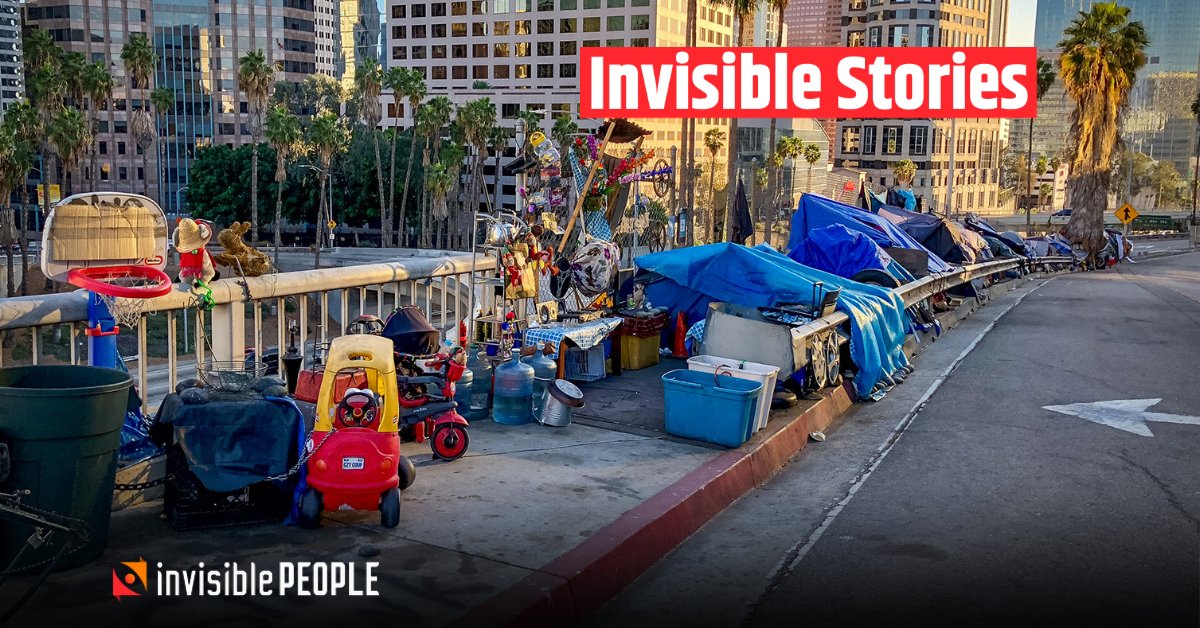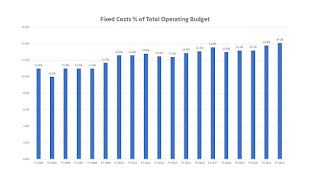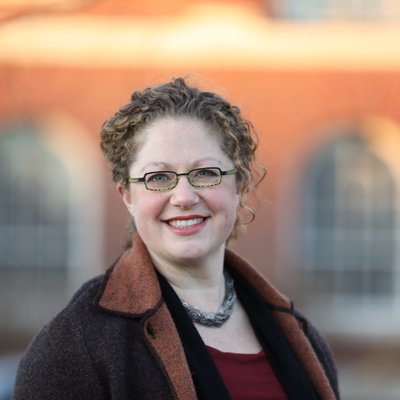As your voice and advocate in the State Senate, I am very proud to share several 2021 accomplishments, including a robust COVID-19 response, billions of dollars invested into our communities, and the advancement of critically needed reforms through the legislative process on Beacon Hill.
Safety for You and Your Family: My top priority has been advocating for measures that keep you and your family safe and stable throughout this public health crisis. Last year alone, my team and I helped more than 500 constituents access government benefits and supports, including unemployment assistance and food security. I also hosted monthly virtual office hours, senior coffees, and two youth legislative forums to remain accessible to constituents through the ups and downs of this pandemic.
In addition to crafting and advocating for school masking legislation and the COVID-19 Vaccine Equity Act, I also worked in partnership with public health experts, community organizations, and my legislative colleagues to pressure the Baker Administration to implement policies to keep our communities safe and local economy afloat through this crisis. Our achievements included universal masking in all K-12 schools, paid time off for families and caregivers taking children to COVID-19 vaccination appointments, implementing a COVID vaccine pre-registration system for mass vaccination sites, and delivering a multi-pronged COVID-19 Action Plan to the Governor.
Safety during these difficult times also means addressing violence and discrimination. Amid the rise of conspiracy theories and disinformation about vaccines and COVID-19, we have also seen an alarming spike in antisemitism, racism, and xenophobia on social media, in our public schools, and from elected officials. It is our collective responsibility to call out hate and injustice whenever we see it. I collaborated with Robert Trestan, Executive Director of ADL New England, to pen a GBH commentary piece explaining the rise in antisemitism within the antivax movement here in Massachusetts and across our nation. As your State Senator, I have publicly condemned abject acts of hate, offered to engage in constructive dialogue in communities, secured tens of thousands of dollars to fund diversity, equity, and inclusion work in our district, and voted to support the Genocide Education Act, now law, which requires that genocide education be taught in Massachusetts public schools before the end of high school. Unfortunately, COVID-19 is not the only pandemic we’re up against.
Funding Our Communities’ Recovery: The Legislature passed a $4 billion bill to allocate federal American Rescue Plan Act (ARPA) funds to equitably invest in our continued recovery from the COVID-19 crisis. This bill delivers broad spectrum supports for our communities’ health, including mental and behavioral health, housing security, our environment, and workforce development. I secured numerous amendments to support our district and the Commonwealth at large, including targeted funding to assist women re-entering the workforce, providing post-traumatic stress care for medical personnel, and $1,000,000 in investments for local housing, transportation, water infrastructure, and other projects in our district.
I secured several victories in the FY 2022 budget as well, including $500,000 for local projects across our district, a pilot program for a statewide youth mental health support text line, funding for the Department of Public Health to hire personnel with expertise in combatting vaccine hesitancy, and funding for New Hope’s new domestic violence shelter and an updated facility for the Attleboro Center for Children.
Legislative Victories: The gears of the legislative process are turning, and many bills are moving through their respective committees. Committees must take action on every timely filed bill by February 2, 2022, so we can expect an increase in floor votes and legislation headed to the governor’s desk in the coming months.
My Senate colleagues and I have already advanced some game-changing bills. In October, we passed comprehensive election reform legislation, strengthened by adoption of several amendments I filed. The bill provides election day voter registration, permanent mail-in voting, improved jail-based voting access, and upgrades to our elections infrastructure. My amendment work also elevated issues still left to address, like ballot drop box ratios and paid time off for voting. We also passed the Mental Health ABC Act to improve access to culturally competent care, support and boost our Commonwealth’s mental health care workforce, reduce barriers to emergency treatment, and more. This month, we again passed a bill to make government-issued IDs more accessible to people experiencing homelessness to facilitate access to critically needed services across our Commonwealth. These bills now await action by the House.
As Senate Chair of the Joint Committee on Environment, Natural Resources and Agriculture (ENRA), I also worked to pass the law that improves conditions for egg-laying hens while keeping our egg supply available and affordable.
Moving Forward: There is still so much work to be done. This session I filed more than 40 bills designed to advance election reform, good governance, public health, reproductive justice, climate action, and intersectional justice and equity. This month, my lead climate action legislation cleared the Joint Committee on Telecommunications, Utilities, and Energy, and I anticipate more favorable reports on my bills in the coming weeks. My team and I continue working hard on your behalf to shepherd these bills through the legislative process.
It is my great honor to represent the Norfolk, Bristol and Middlesex District in the Massachusetts State Senate, and I’ll continue putting my proven leadership to work for you. Please reach out to me if you need assistance, have thoughts on policy, or want to check in. My office phone number is 617-722-1555, my email is becca.rausch@masenate.gov, and you can sign up for a personal office hours appointment at beccarauschma.com/office-hours. I also invite you to join me for my district-wide virtual town hall conversation on Monday, January 24 at 7 PM (sign up at www.beccarauschma.com/town-hall).
As we begin 2022, I wish you and your loved ones strength, health, resilience, and joy. I look forward to everything we will accomplish together this year.
Senator Becca Rausch represents the Norfolk, Bristol and Middlesex District, comprised of Attleboro, Franklin, Millis, Natick, Needham, Norfolk, North Attleborough, Plainville, Sherborn, Wayland, Wellesley, and Wrentham. Senator Rausch serves as the Senate Chair of the Joint Committee on Environment, Natural Resources, and Agriculture and the Senate Vice Chair of the Joint Committee on State Administration and Regulatory Oversight.











